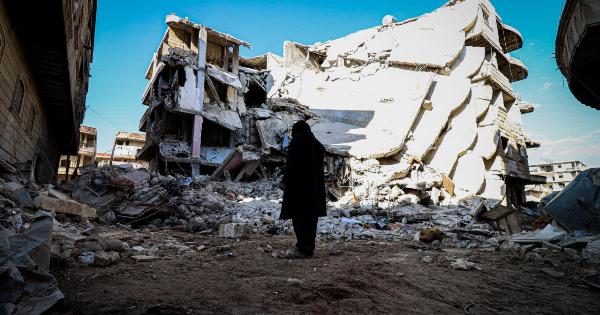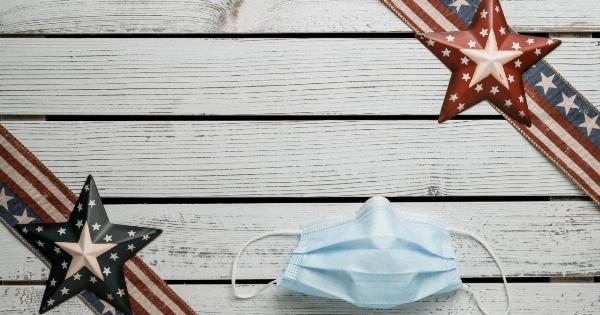Every day, children surprise us with their courage, resilience, and ability to think on their feet.
In a heartwarming incident that unfolded in a small town last week, a group of kindergarten children became unlikely heroes as they saved the lives of three people suffering from stroke. Their quick thinking and fearless actions have not only garnered praise but also shed light on the importance of teaching basic first aid skills to children at an early age.
The Unlikely Heroes
In the quiet and close-knit community of Cloverdale, the local kindergarten has long been a staple for families. Last Monday, however, the school became the epicenter of a remarkable chain of events.
During recess, a few children noticed an elderly neighbor, Mrs. Thompson, collapse in her front yard. Without hesitation, the brave youngsters raced to her aid, remembering what they had learned during a recent visit from a local paramedic.
Life-Saving Lessons
The visit from the paramedic, organized as part of the school’s health and safety curriculum, aimed to familiarize the children with basic first aid techniques and emergency procedures.
The interactive session covered the concept of stroke, signs to watch for, and what actions to take to help someone experiencing a stroke. Little did they know that this knowledge would be put to the test so soon.
The children promptly recognized the symptoms of stroke in Mrs. Thompson, who was clutching her arm and struggling to speak coherently. Remembering the lessons from the paramedic, they acted swiftly, realizing the importance of time in stroke situations.
One child dialed emergency services, providing accurate information about the situation, while others ran to find Mrs. Thompson’s daughter and another neighbor, Mr. Johnson, who had also collapsed in his garden.
A Small Community’s Big Heart
As news spread about the heroic actions of the kindergarten children, the community rallied together to celebrate their courage.
Local businesses and organizations came forward to recognize the children as hometown heroes, showering them with commendations, gifts, and even a special assembly organized at their school. The children, however, remain humble about their actions, considering themselves just regular kids doing what anyone else would have done.
Amidst the celebration, the incident has raised an important question: Should first aid and basic life-saving skills be incorporated into the curriculum of all schools, right from kindergarten? Some experts argue that it is never too early to introduce children to the concept of emergency response and equip them with the necessary skills to potentially save lives. Others, however, express concerns about overwhelming children with adult responsibilities and the potential psychological impact of regularly discussing life-threatening situations.
Benefits of Early Education
Advocates for introducing first aid education at an early age believe that it can have multiple benefits for children.
Not only does it empower them to be self-sufficient and confident in emergency situations, but it also instills a sense of responsibility and empathy towards others. Basic medical knowledge, even at a rudimentary level, equips children with the ability to assess situations critically and act accordingly.
In addition, early exposure to first aid education may help address common fears and misconceptions related to emergencies.
By encouraging open discussions and problem-solving exercises, children can develop a clearer understanding of medical emergencies, reducing anxiety and promoting a proactive approach when faced with such situations.
The Importance of Awareness
Mrs. Thompson and Mr. Johnson, both of whom suffered strokes, have since made a full recovery, thanks to the timely intervention of the brave kindergarten children.
Their families, forever grateful, have expressed the importance of stroke awareness and the need for communities to be educated about the signs and symptoms of strokes.
In response, several initiatives have begun circulating within Cloverdale.
Public talks on stroke awareness, free first aid training sessions for community members, and a push for inclusivity in school curricula are among the many steps being taken to prevent such incidents in the future. The incident has propelled the community to come together, not only to honor the bravery of the children but also to ensure that knowledge and awareness become the norm.
The Way Forward
As educators, parents, and community members reflect on the actions of the kindergarten children, it becomes clear that teaching first aid skills from an early age can have a profound impact.
While it is important to strike a balance between age-appropriate education and psychological well-being, incorporating basic life-saving techniques into school curricula appears to be a positive step forward.
By encouraging a culture of preparedness, children can grow up to be responsible citizens who possess the ability to make a difference in emergency situations.
The lessons learned from the brave little ones of Cloverdale serve as a testament to the potential of early education, redefining the roles and capabilities of children in society.
Conclusion
The heartwarming story of the brave kindergarten children of Cloverdale serves as a reminder of the immense potential and inherent bravery found within young minds.
Their actions highlight the importance of early education in equipping children with life-saving skills and fostering a sense of responsibility towards others.
As communities come together to honor the courage of these children, it becomes evident that awareness and preparedness are essential pillars of any society.
By incorporating basic first aid education into school curricula, we not only empower children but also create a more compassionate and resilient future generation.

















![The Importance of Recognizing Stroke Warning Signs [with Pictures]](/assets/media/medium/file/10/26/ec1752f20fddd8d6467d769d887430b3.jpg)












